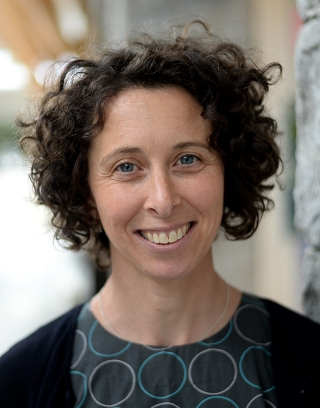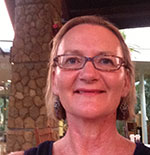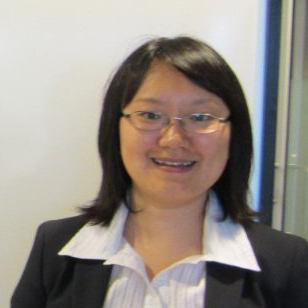- How did you learn about the program and what motivated you to enroll?
-
I learned about it through emails from PopData BC a few years ago. I took at least one class before I enrolled in the program, so the high quality of the class and instructor, as well as the online video testimonials I watched, motivated me to enroll.
- Tell us about your course experience. What skills did you develop and which courses provided the greatest benefit to you?
-
I took PHDA 01, PHDA 02, PHDA 03 and PHDA 04 and I would say that they all provided useful skills to me. I had always wanted to learn to use ArcGIS software to explore health data, and have both a geography and clinical background, so PHDA 03 and PHDA 04 were especially interesting. Through the program, I came to learn about the enormous benefits of using already-collected administrative health data, and the process for doing so. I think my skills with SAS and ArcGIS will be the most useful to me, but the larger concepts of data integrity, (PHDA 01), what type of analysis is used in certain situations (PHDA 02), and considerations when doing spatial analysis (PHDA 04) are immensely important as well. I enrolled, but withdrew from PHDA 06. I didn’t find the content interesting and it was an already busy semester for me, so this was a good decision.
- How have you been able to (or how do you plan to) apply your new skills in your work/research?
-
Along with a colleague, I have applied for and received a grant to do a small project using Statistics Canada data through one of their RDCs. I am sure that completion of this program helped our application to be successful. I will be using many skills from PHDA 01 (metadata, manipulation of variables, SAS analysis) and PHDA 02 (which statistics are best for the analysis, what to do with missing data) in this project.
- What do you think were the strengths of this program? Please provide examples.
-
For a program that is delivered completely online, each course was organized and delivered very well. Most of the instructors were very quick with their replies to questions from students. All of the courses used practical examples to explain the material which I found really helpful for understanding how to apply the concepts in practice. In the Working with Administrative Data (PHDA 01) course, the instructors were extremely helpful, and I found the 15 minute phone meeting near the start of the course really nice. It was so much easier to go through several questions/concerns at once on the phone with person rather than I think the highly trained, expert instructors, who are approachable and provide excellent feedback are a major strength. Certainly, the small class sizes allow for that individualized feedback and a continual dialogue with instructors in the discussion boards as well. I think Moodle is very easy to use, and in general, the courses were very well organized. The voice-over step-by-step videos were very useful when learning new things in ArcGIS (PHDA 03) and could have been useful when learning any of the software, really. When I needed it, the IT support was quick to respond and helpful. PopData BC staff were always very friendly, very professional, and pro-active. UVic registration was quick and easy, and library services simple to use.
- Would you recommend this program to others? If so, what recommendations/suggestions would you give those interested in applying to this program?
-
Yes, I already have! I would recommend that students make sure they have 8-10 hours per week to spend on the class. I didn’t really believe that I would spend this much when I read it, and it’s not every week in every class, but there were certainly many weeks when I spent that much time. It’s not easy while working full-time, especially if you have no experience with the software packages, such as SAS or ArcGIS. But, it’s very rewarding!


